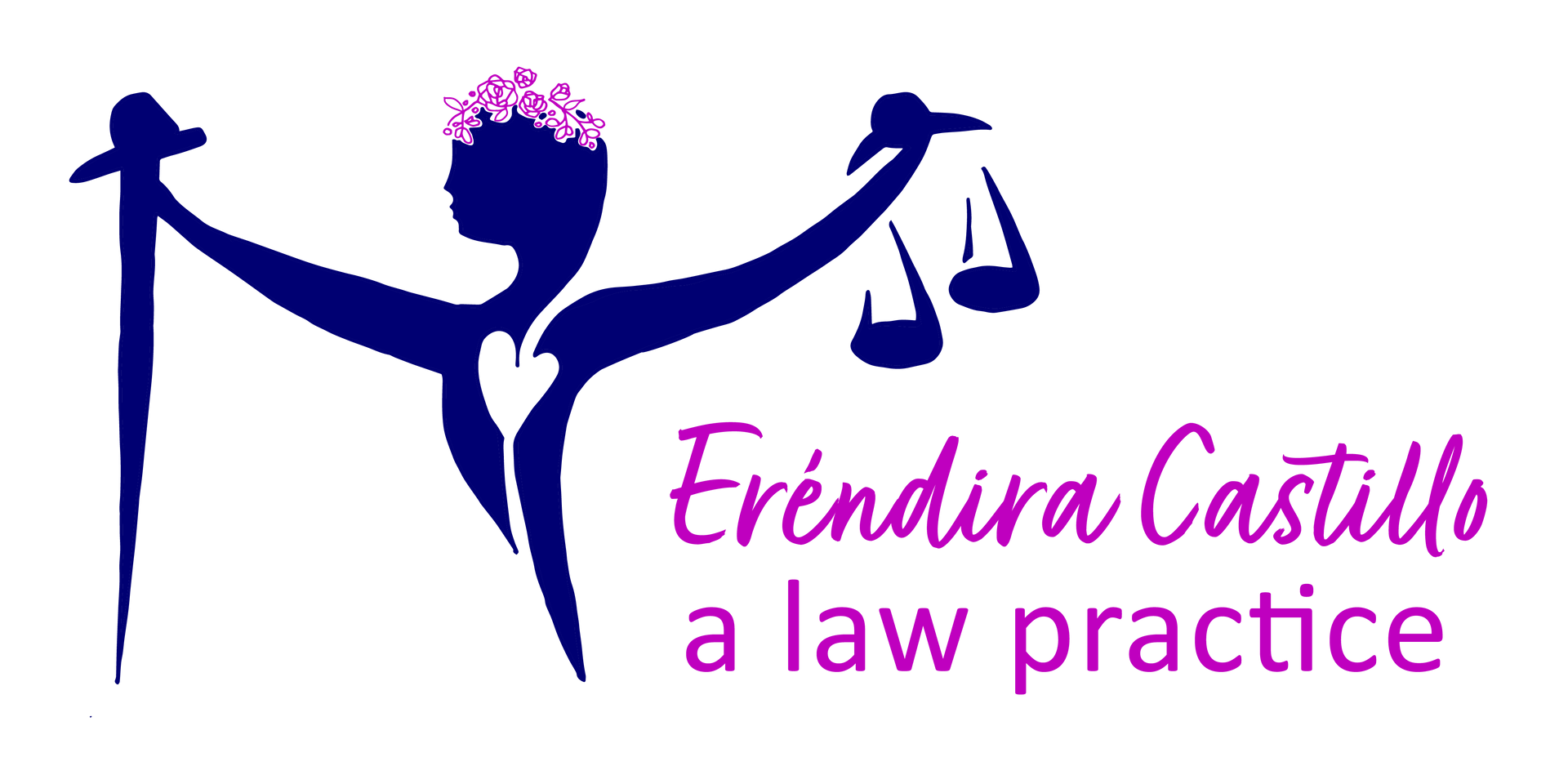The Importance of Choosing a Guardian
Selecting a guardian for your children is one of the most significant decisions you'll make as a parent. It ensures that your values and long-term vision for your family are honored, granting you peace of mind. Many parents postpone this decision, but not appointing a guardian can lead to legal complications and uncertainty regarding your children's future. Moreover, misconceptions about guardianship can make the decision feel daunting. Let's explore some common myths and help clarify this crucial process.
Myth: Guardians Must Be Family Members
One of the prevalent myths is that guardians need to be blood relatives. The truth is, the best guardian is someone who can provide a loving and stable environment for your children. This might be a close friend, mentor, or another trusted individual. The focus should be on the person’s ability to care for your children rather than their familial connection.
Myth: A Guardian Should Have the Same Financial Standing as You
Financial concerns shouldn't deter you from choosing the right guardian. Many believe they need to select someone with similar financial means, but estate planning tools like trusts and life insurance can offer the financial support necessary for your child's care. This allows you to choose a guardian based on their caregiving qualities rather than their bank balance.
Myth: Naming Multiple Guardians Adds More Security
It might seem that naming co-guardians provides additional security, but this can lead to conflicts, especially if the guardians have different parenting philosophies or live apart. Instead, appoint a primary guardian and a backup to ensure consistency and avoid potential disputes.
Myth: Once Chosen, a Guardian is a Permanent Decision
It's crucial to understand that appointing a guardian is not a one-time decision. As your circumstances and your child's needs change, you should review and possibly update your guardianship choices. Revisit this decision regularly to ensure it still aligns with your family's best interests.
Myth: Verbal Agreements are Enough
Relying on verbal agreements can result in disputes or unintended outcomes. Formal legal documentation is indispensable. Without a written will or legal acknowledgment, courts may not uphold verbal agreements. Therefore, ensure your wishes are documented legally to avoid complications. Selecting a guardian is a deeply personal decision, but it need not be overwhelming. Take the first step by having open discussions with potential guardians and consult legal professionals to formalize your choice. Remember, it's about finding someone who embodies your values and will provide a nurturing environment for your children.
Eréndira Castillo provides this information as a service to clients and other friends for educational purposes only. It should not be construed or relied on as legal advice or to create a lawyer-client relationship. Readers should not act upon this information without seeking advice from professional advisers. This post is as of the posting date stated above. Eréndira Castillo assumes no duty to update this post or post about any subsequent developments having a bearing on this post.



